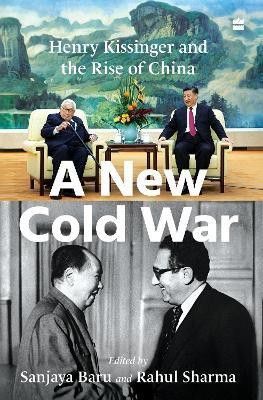A New Cold War(English, Hardcover, unknown)
Quick Overview
Product Price Comparison
In July 1971, US National Security Advisor, Henry Kissinger, made a secret visit to China to meet top Chinese leaders. This inaugurated a new phase not just in US-China relations but in contemporary history. That visit and the subsequent US-China relationship, including the US decision to invest in China's economic rise and admit it into the WTO, combined to firm up the foundations of China's rise as a world power. For more than four decades, the leadership of the two countries had a secretive pact, which worked well to each other's benefit. The US helped power China's economic growth in the hope that Beijing would turn a new political leaf and adopt Western practices (e.g. democracy). China grew economically and militarily, used its financial prowess to spread its influence across continents, as four generations of Chinese leaders built their nation at the expense of the US. Half a century after Kissinger's historic visit, the US and China are today engaged in a trade war bordering on a new Cold War. Washington is not openly talking about 'de-coupling' from China, which has begun to challenge its global dominance, but it might very well be. China has already established itself as a dominant power across Eurasia. More worryingly, China is militarily and economically threatening its neighbours, including Japan, Korea, Vietnam, Taiwan, Australia, Philippines, Indonesia and India. This collection of critical essays examines the impact, consequences and legacy of Kissinger's first, door-opening visit to China and how it has shaped world order.


